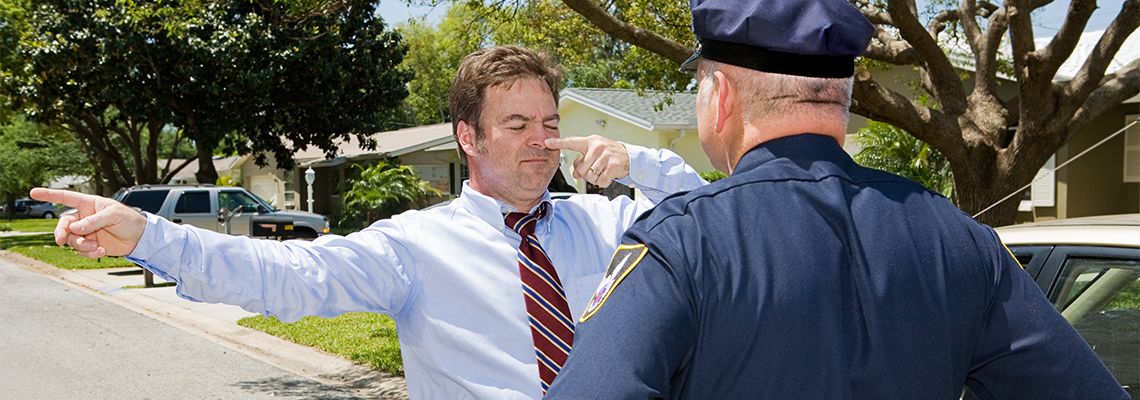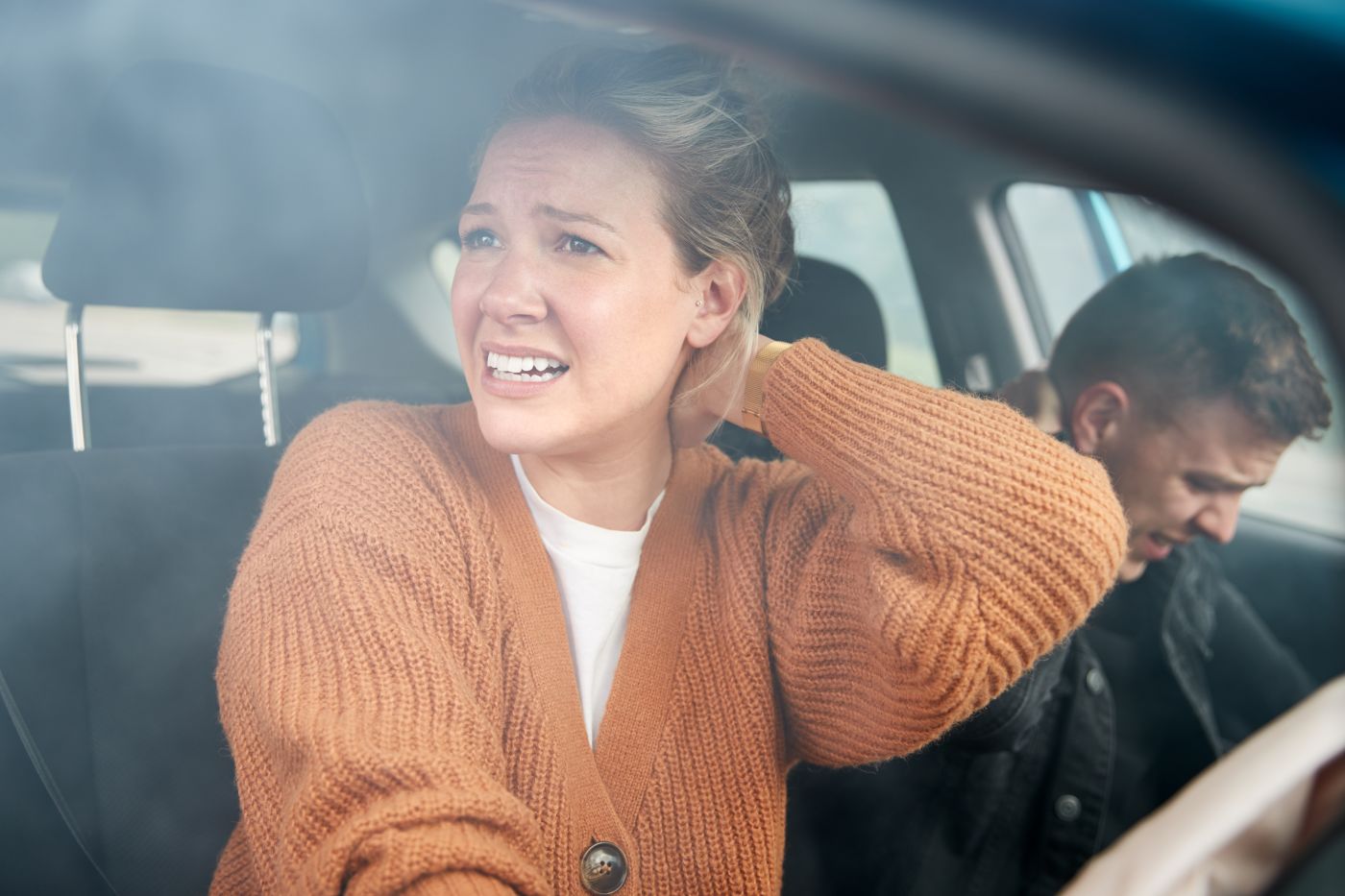
In Massachusetts, as in many other states, the issue of refusing a field sobriety test during a traffic stop is a challenging and nuanced topic, involving legal, procedural, and strategic considerations. Here, I'll explore the legal framework surrounding field sobriety tests in Massachusetts, the implications of refusing such tests, and whether it's advisable to refuse them.
How Field Sobriety Tests Work
Field sobriety tests (FSTs) are used by law enforcement officers to assess a driver’s impairment, typically due to alcohol or drugs. These tests are designed to measure a driver’s coordination, balance, and cognitive function, which can be affected by intoxication. Common field sobriety tests include:
Horizontal gaze nystagmus (HGN) test: The officer observes as the driver follows a stimulus, such as a pen, with their eyes. This test looks for involuntary eye movements that can indicate intoxication.
Walk-and-turn test: The driver is asked to walk in a straight line, turn, and walk back. This test assesses balance and coordination.
One-leg stand test: The driver must stand on one leg while counting. This test evaluates balance and stability.
Legal Basis for Field Sobriety Tests
Field sobriety tests are a tool for officers to establish probable cause for arresting a driver on suspicion of driving under the influence (DUI). Unlike breathalyzer tests, which are chemical tests, field sobriety tests are physical assessments.
Implied Consent Laws
In Massachusetts, the concept of implied consent applies to chemical tests (such as breath or blood tests) rather than field sobriety tests. Implied consent laws state that by operating a motor vehicle, drivers implicitly agree to submit to chemical tests if requested by law enforcement under suspicion of DUI. Refusal to take a chemical test can lead to automatic license suspension and other penalties.
Field Sobriety Test Refusal
Unlike chemical tests, field sobriety tests aren't mandated by implied consent laws. Drivers in Massachusetts aren't legally required to submit to field sobriety tests, and they have the right to refuse them. However, refusal to take these tests doesn't come with the same immediate legal consequences as refusing a chemical test.
Consequences of Refusing Field Sobriety Tests
While refusing a field sobriety test doesn't carry automatic penalties, it can have implications:
Arrest and charges: Refusal may lead to an arrest based on other evidence of impairment or suspicion of DUI. The officer may still rely on other factors, such as the driver’s behavior, the odor of alcohol, or driving patterns.
Impact on legal proceedings: Refusing a field sobriety test can be used against the driver in court. Prosecutors may argue that the refusal indicated consciousness of guilt or an attempt to evade field sobriety testing.
Refusing a Sobriety Test
Deciding whether to refuse a field sobriety test involves weighing several factors:
Test accuracy: Field sobriety tests aren't foolproof and can be influenced by various factors unrelated to impairment, such as medical conditions, fatigue, or nervousness. Some individuals may perform poorly on these tests despite being sober.
Officer’s observations: The results of field sobriety tests are subjective and based on the officer’s observations. Refusing the tests may prevent the officer from documenting potential inaccuracies or biases in their evaluation.
Legal strategy: Refusing a field sobriety test might be part of a broader legal strategy. For example, if there are concerns about the accuracy of the tests or the conditions under which they were administered, refusing them could avoid potential evidence that might be used against you.
Potential Risks of Refusal
Refusing a field sobriety test can lead to increased scrutiny from law enforcement and may contribute to a more aggressive approach to DUI enforcement. Officers may use other evidence to justify an arrest, and the refusal itself can be cited as evidence of impairment.
Prosecutors may use the refusal to argue that the driver was attempting to avoid detection of impairment. Although refusing the test isn't an admission of guilt, it may affect how the court perceives the driver’s intentions. A DUI lawyer like me, Gregory Casale, Attorney at Law, can help argue your case.
Legal and Strategic Considerations
It's advisable to consult with an experienced DUI lawyer, like me, when facing a situation involving field sobriety tests. A DUI lawyer can provide guidance on how to handle the situation, including whether to refuse or comply with the tests.
Knowing your rights and the implications of refusing or taking field sobriety tests is crucial. Legal advice can help you understand the potential consequences and make an informed decision based on your specific circumstances.
Immediate Actions You Should Take During a Traffic Stop
If you're stopped by law enforcement on suspicion of DUI, consider the following actions:
Remain calm: Approach the situation calmly and respectfully. Aggressive behavior or confrontation can escalate the situation.
Be informed: Know your rights regarding field sobriety tests and chemical tests. If you choose to refuse a field sobriety test, do so politely but understand that it may have implications.
Long-Term Implications
If you're facing DUI charges, it's crucial to seek the help of a DUI lawyer to effectively manage the aspects of your case. An experienced DUI lawyer can provide valuable guidance on how to address the charges and the potential ramifications of refusing to take field sobriety tests. Understanding the legal implications of such refusals is essential, as it can significantly influence the outcome of your case.
A skilled criminal defense lawyer will work closely with you to develop a robust defense strategy tailored to the specific details of your situation. I'll analyze the circumstances surrounding your arrest, assess any evidence against you, and explore all possible avenues to challenge the charges.
If you have concerns about performing field sobriety tests or if you believe that these tests could negatively impact your case, it's important to communicate these concerns with me as your DUI lawyer. I can offer alternative strategies or approaches that may better serve your interests.
As your DYI lawyer, I'll consider all relevant factors, including the validity of the tests and any procedural errors that may have occurred during your arrest, to craft a defense that maximizes your chances of a favorable outcome.
Contact a DUI Lawyer
Refusing a field sobriety test in Massachusetts is legally permissible, but it carries potential risks and implications that should be carefully considered.
While the refusal itself doesn't result in immediate penalties, it can affect how the case is handled by law enforcement and the court. The decision to refuse should be made based on an understanding of the potential consequences, the specifics of the situation, and in consultation with legal counsel.
Ultimately, whether to refuse a field sobriety test involves evaluating the accuracy and reliability of the tests, considering the potential impact on legal proceedings, and making an informed decision based on experienced advice. By understanding your rights and the implications of your actions, you can better manage the challenges of DUI enforcement and protect your legal interests.
If you're in need of a DUI lawyer, look no further than Gregory Casale, Attorney at Law. Located in Shrewsbury, Massachusetts, I serve clients throughout Shrewsbury, Worcester, Clinton, Dudley, East Brookfield, Leominster, Gardner, Milford, and Westborough. Contact me today for a consultation.



